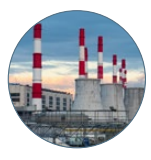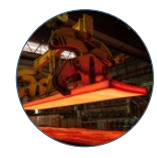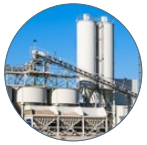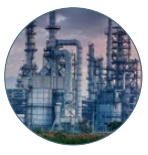CCUS&Clean H2
CCUS&Clean H2
CCUS & Clean H2
Schematic Diagram
In order to prevent global climate change, technologies to reduce greenhouse gas emission is widely studied in the world. Airrane has
been conducting research and development for many years to commercialize a membrane technology for CO2 captures from flue gas
emitted through stacks of various industries. As a result, Airrane commenced a project to supply a CO2 separation membrane system
to a commercial facility that collects 200,000 tons of CO2 per year from a petrochemical plant flue gas. Based on this experience, we are
expanding CO2 capture business to power plants, steel mills, hydrogen production facilities and fuel cell power stations. The captured CO2
through this process is liquefied and supplied to fresh food distributors, home shopping companies, and shipbuilders.
|
|
|
|
Fossil fuel power plant | Steel industry | Cement industry | Petrochemical industry |
Advantages of Membrane CCUS Technology
The CO2 capture technologies are largely categorized in water-lean solvent method using liquid absorbent like amine or ammonia and membrane separation method. Each technology has advantages and disadvantages depending on the conditions of CO2 emitting source. Membrane method is generally considered for higher CO2 concentration source, while amine method is applied to lower CO2 concentration. In reality, most of CCUS candidate locations need a retrofit designing because of the limited space to install. Membrane CCUS facility requires only 1/6 of the area compared to amine CCUS facility. On top of it, membrane is advantageous for resident acceptance and regulations like REACH.。
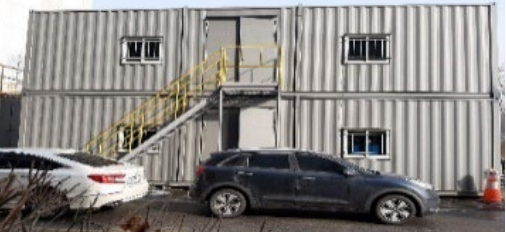
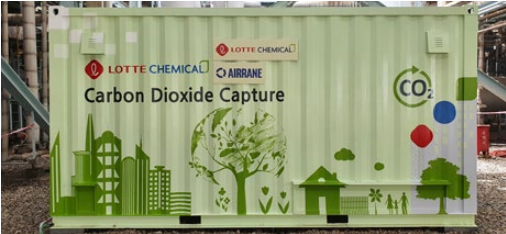
Heating system Chemical system
Membrane CCUS Demonstration Cases

Schematic Diagram of CO2 Capture for SMR/H2 Fuel Cell System




